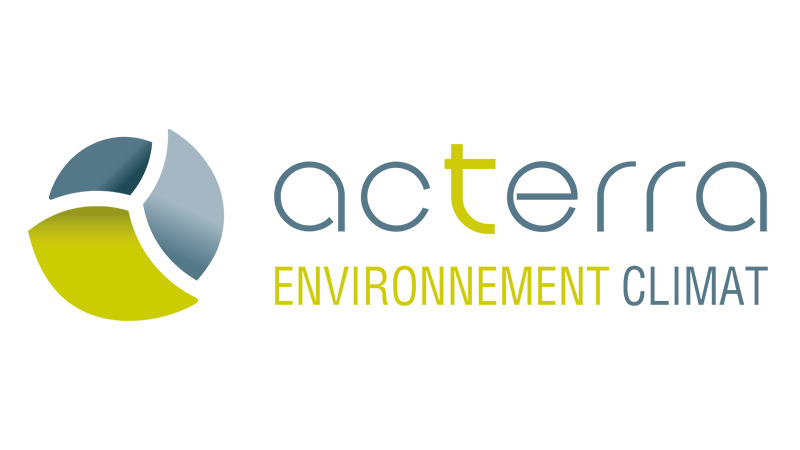Demonstrator #3
Guadeloupe Archipelago, France
Key Facts
Guadeloupe is highly exposed to climate change: higher temperatures, more frequent droughts and floods, more intense hurricanes, coastal erosion… These impacts are increasing the vulnerability of the archipelago, despite the region’s efforts to cope with climate variations. Located in the Caribbean Sea, the Archipelago has a population of 395 000, on a total area of 1 628 km².
Actions and expected results
The setting of a Local Adaptation Acceleration Fund will be studied and experimented. It will encourage the development or the replication of innovative adaptation actions in the tourism and the agriculture sectors. It will also help transformation of the agriculture sector to achieve resilience and food security.
Awareness-raising and behavioural change will be reached via nudging in hotels: cognitive design and behavioural economics artefacts, often correlated to a trigger and state of mind, to develop a sustainable behaviour towards biodiversity and water consumption.
Partners Involved





